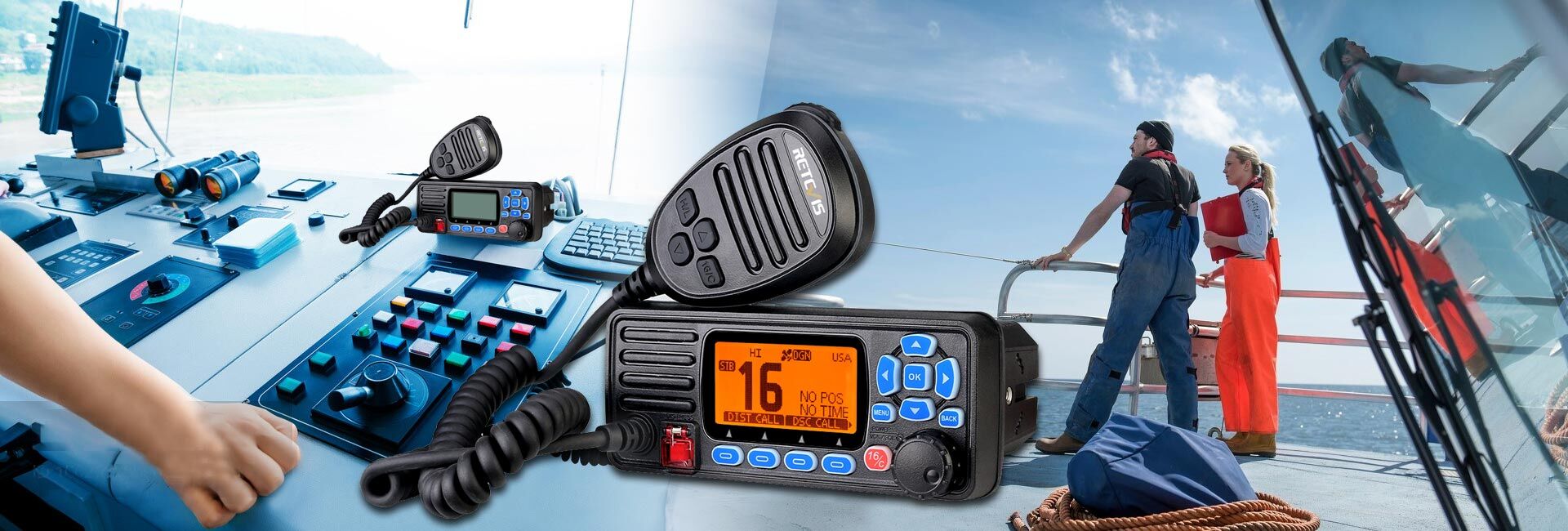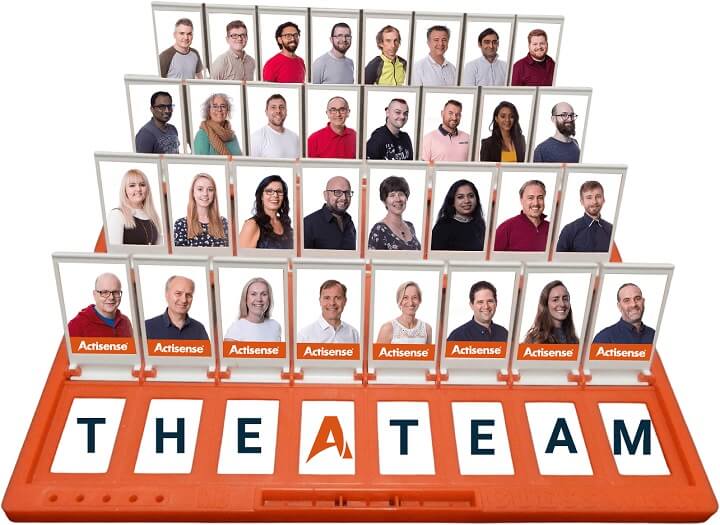Digital Selective Calling (DSC) – What you need to know

What is DSC?
DSC or Digital Selective Calling is a standard method of transmitting messages via VHF (Also via MF and VF). It’s primary use is for sending distress calls to both other vessels and shore systems.
DSC allows you to directly ‘call’ or receive a call directly, rather than having to listen to a speaker. DSC can also support urgency, safety and routine calls alongside distress.
When a distress call is made, it provides some information automatically when interfaced with other devices, which can massively improve response and rescue times. The vessel’s identity is sent, along with the MMSI. If the VHF / DSC is interfaced with a GPS, it can also send the position of the vessel currently, rather than having to enter it manually. As DSC allows you to contact the Coast Guard directly, this also saves vital time in an emergency situation.
If a distress call is sent from a vessel via DSC, any nearby shore stations and other vessels with DSC equipped will receive this call, and it will alarm. This call alarm is repeated until acknowledged, to ensure that it is not missed or forgotten about.
Alongside this, due to it’s narrow bandwidth and no squelch on the receiver, DSC has a greater range than that of voice calling of around 15-25% meaning it is much more likely to reach someone else.
DSC does have its own unique channel (channel 70), which all DSC-capable radios will monitor automatically. It is worth highlighting that if a call is made between 2 vessels, whilst the initial call is unique, the conversation following this will operate on a working channel that can be picked up by any VHF equipment within range.
MMSI (Maritime Mobile Service Identity)
What is MMSI?
An MMSI is a unique 9 digit number that is used to identify vessels, coast stations, SAR aircraft etc… essentially like registration numbers for cars. This number is assigned to a DSC Radio or an AIS. The identification MMSI is an individual calling number for the vessel, meaning that a shore station or another vessel can call your vessel using the MMSI.
There are 6 categories for MMSI;
– Ship station
– Group ship station
– Coast station
– Group coast station
– SAR aircraft
– Navigational aids and crafts
To obtain an MMSI, a Ship Radio license is required. It is an offence to operate or install a Radio onboard without a license. Once a license is obtained, the MMSI is assigned to the vessel, and all radio equipment must operate under this MMSI. This is for safety and marine traffic management purposes.
Important: In the UK, there are 2 types of license, Ship Radio License and Ship Portable Radio License. The Ship Radio License is internationally identified, and thus can be used globally. A Portable Radio License is not globally validated, and thus radio equipment and safety equipment related to this such as MOB devices cannot be used outside of UK waters. If you intend to travel internationally, ensure that you have a Ship Radio License alongside a Portable Radio License.





